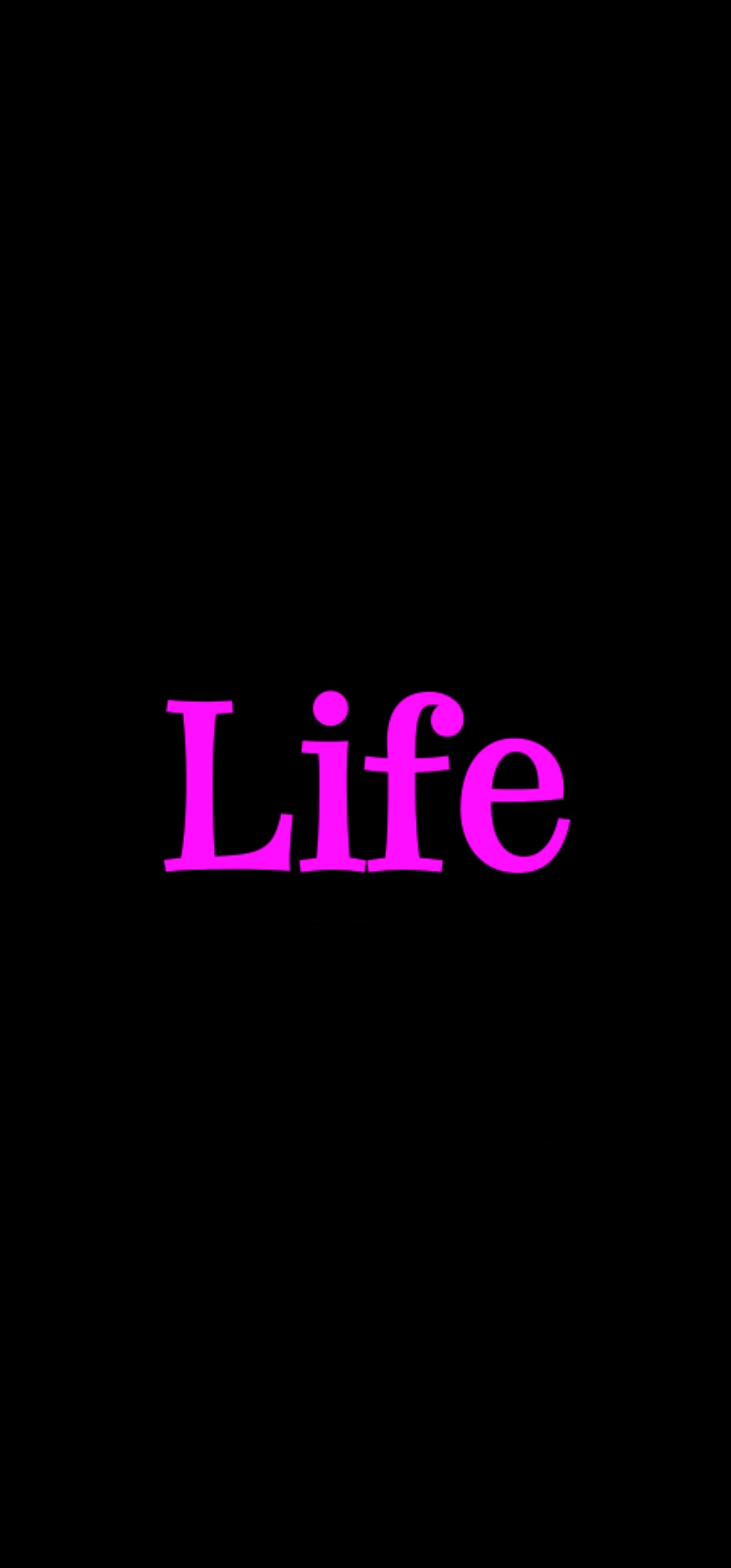For humans, echolocation is a good alternative to vision, though it does have drawbacks. It’s much easier to hear echoes bouncing off head-height objects than ground-height objects. It’s more difficult in some conditions than others; the noise of rain or traffic or the muffling effect of snow will all make it harder. Unlike vision, you’re not getting a constant stream of information but something more like a series of snapshots. Though precision of echolocation varies from person to person, it has a far lower precision limit than vision because sound has longer wavelengths than light – so it’s like looking at something out of the corner of your eye rather than focusing on it directly. And, until very recently, there’s been no training available, so most people have had to teach themselves or learn informally from someone else.



That was the first thing I thought of as well, so I looked him up. I was mostly curious if it was a an act all along, but it appears to have been, even with years of hindsight, real. He sadly passed away in 2009 however due to his cancer, that cost him his sight in the first place, returning.